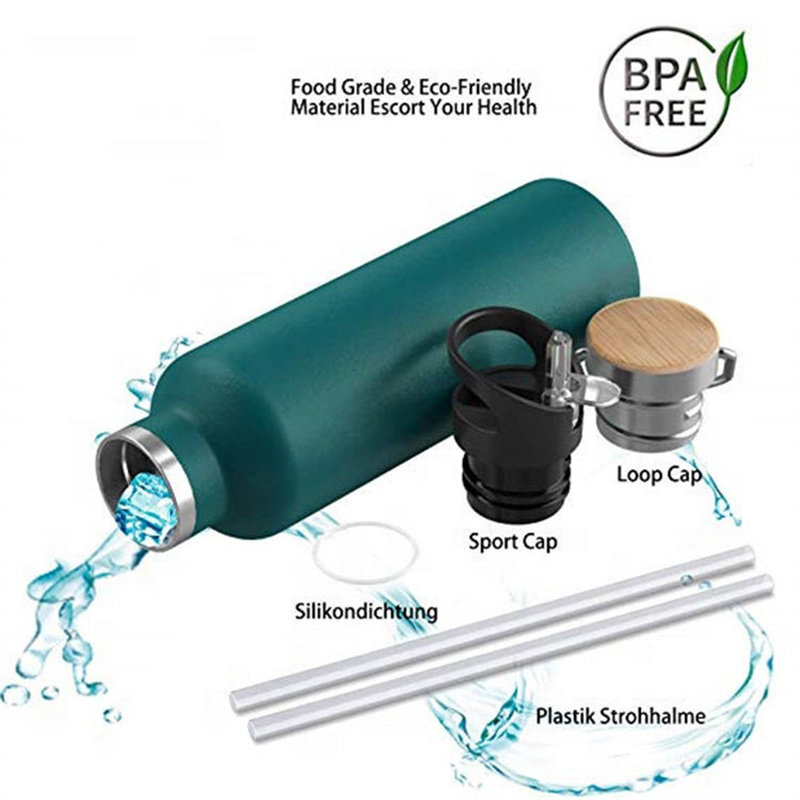how much does a water bottle weight
In today’s society, convenience is everything. We need goods that are easy to use and readily available, even if it means sacrificing sustainability and environmental protection. One of the most common items we rely on for convenience is the water bottle. Whether you use it primarily for exercise or just have water on hand, a water bottle is an essential tool in our fast-paced lives. However, have you ever wondered how much your water bottle actually weighs?
The weight of a water bottle depends on many factors such as size, material and brand. Most water bottles come in two standard sizes; 16 oz and 32 oz. Smaller 8-ounce bottles are also common, often used by children and those looking for a quick drink on the go. Since we know these sizes exist, let’s take a closer look at the weight of each.
A 16-ounce plastic water bottle typically weighs about 23 grams. That’s about 0.8 ounces or less than the weight of four US quarters. When filled with water, the weight will increase to around 440-450 grams or up to 1 lb. These lightweight bottles are suitable for those who need less water in their daily life.
If you’re someone who drinks a lot of water, the 32-ounce bottle might be your first choice. These larger bottles typically weigh around 44 grams when empty, which is slightly less than 1.5 ounces. When filled with water, the 32-ounce bottle can weigh up to 1,000 grams or over 2 pounds. This extra weight is not very suitable for long-term carrying, and athletes will need to carry water bottles for long-term sports regardless of weight.
If you’re environmentally conscious, then you probably have a reusable water bottle made of stainless steel or glass. These bottles are much heavier than plastic bottles, with a 16-ounce stainless steel bottle weighing about 212 grams. That’s about 7.5 ounces, much heavier than a plastic bottle of the same size. On the other hand, a 32-ounce stainless steel bottle weighs 454 grams (1 pound) even before adding water.
Now, let’s compare that to the weight of water itself. A liter of water weighs about 1 kilogram or 2.2 pounds. That means a 32-ounce bottle filled with water weighs about 2 pounds, even though it weighs just 44 grams empty.
As we have seen, the weight of water bottles varies greatly due to various factors. If you plan to carry your water bottle for an extended period of time, be sure to choose a lightweight water bottle. It is still important for athletes to choose a water bottle that is lightweight but designed for higher performance. For sustainability purposes, it’s important to choose a reusable water bottle, even if it means carrying some extra weight.
All in all, next time you reach for that water bottle, take a moment to notice its weight. Maybe it makes you think about how dependent you are on convenience, and inspires you to make more sustainable choices. Balancing environmental needs and personal preferences, lightweight and convenient, choose the water bottle that’s right for you.
